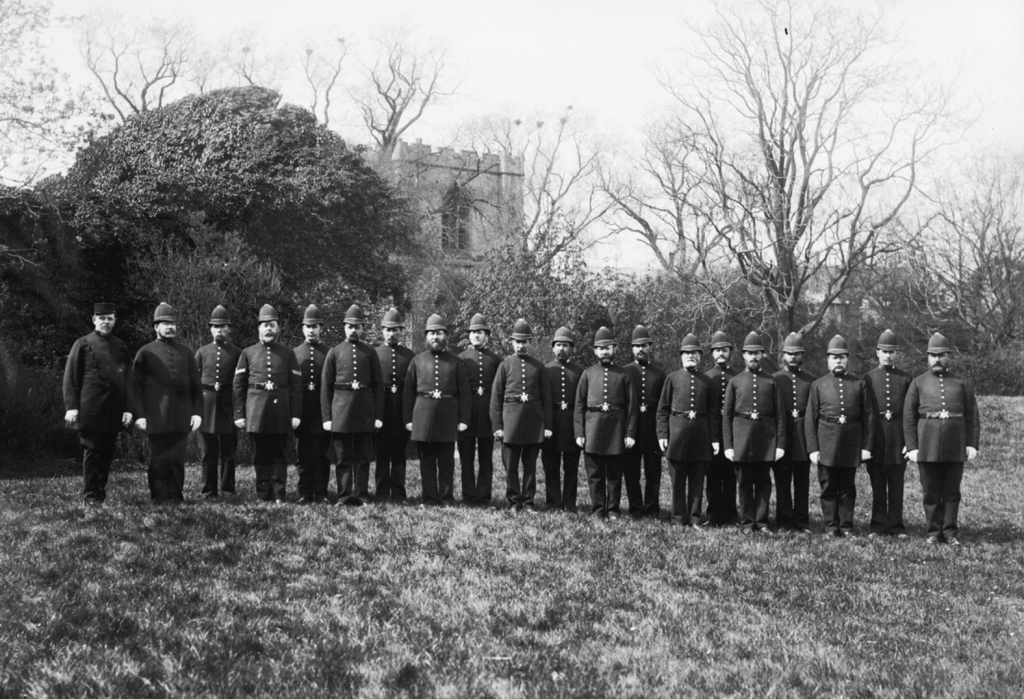6.1: Policing in Ancient Times
- Page ID
- 15956
kin policing. Kin policing is when a tribe or clan policed their own tribe, and it often turned bloody quickly. The blood feuds would go on for a long period of time. [1]
urban cohorts. The urban cohorts were men from the Praetorian Guard (Augustus’ army), charged with ensuring peace in the city. As crime rose and became more violent, Augustus formed the vigils, which were not affiliated with the Praetorian Guard, but were charged with fighting crime and fires. The vigils were given the power to protect and arrest. [4]
posse comitatus to go after wanted felons. Constables, a police officer with limited authority, assisted the sheriffs with serving summons and warrants. Because young volunteers did the policing work, there were several problems, such as corruption and drunkenness. Victims who had the means to hire private police or bodyguards to so for protection, but unfortunately, that meant those who were poor, had neither help nor protection. [5]

- Berg, B., (1999). Policing in a modern society. Oxford: Elsevier. ↵
- Berg, B., (1999). Policing in a modern society. Oxford: Elsevier. ↵
- Berg, B., (1999). Policing in a modern society. Oxford: Elsevier. ↵
- Berg, B., (1999). Policing in a modern society. Oxford: Elsevier. ↵
- Berg, B., (1999). Policing in a modern society. Oxford: Elsevier. ↵


